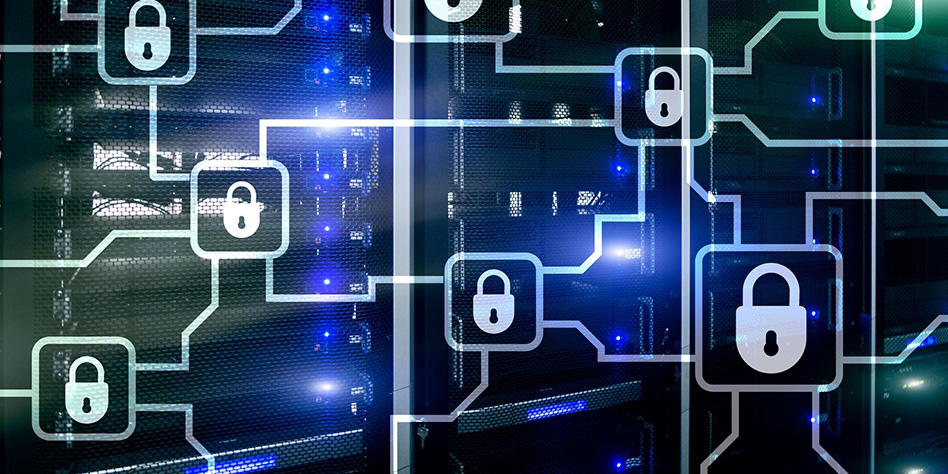
More and more people are now using cryptocurrency, both as currency and as an investment. A report made by crypto.com states that the global number of crypto users have reached 106 million in January 2021. The popularity and recognition that crypto has been receiving means there is a real and a higher risk for hackers to target crypto holdings as they are most certainly aware of the value these holdings could have. More than $1.9 billion worth of crypto were stolen through hacks, scams, and frauds last year according to the 2020 Cryptocurrency Crime and Anti-Money Laundering Report. Phishing has also increased in the same year. Fake e-mails or accounts have fooled people into handing over their crypto, passwords, and personal information. Apple, Uber, Binance, Elon Musk, and Bill Gates have been used by hackers for a Twitter phishing attack by making it seem that they are recommending a giveaway which turned out to be a scam.
If you are into crypto, it’s most likely that you have spent money, time, and effort to be able to build up a digital portfolio. It would be catastrophic to lose it all because you didn’t do YOUR part in safeguarding your assets and transactions. Here are 5 tips on how to keep your crypto safe.
1. Use a password that you’ve never used for other accounts.
It’s no party to keep track of all the passwords for all the accounts you have for social media, shopping, banking, work, e-mails, etc. and most people tend to use the same password over and over so as not to forget it. Make a new and strong one for your crypto-related activities such as your accounts in cryptocurrency exchanges and your digital wallets. Wherever possible, opt for two-factor authentication and take the time to regularly change your passwords. Don’t take a picture of it or list it down using your phone/gadget camera or apps that serve as notepads. If hackers can get through your phone, they can find any digital file you have including pictures or phrases and use them without you knowing. Go old school. Write it down and keep it somewhere safe. Some cybersecurity experts say that, if possible, create a separate e-mail address just for crypto.
2. Secure your computer, phone, and gadget.
Make sure that all your devices where your digital assets are and where you do all your crypto activities have a strong firewall. Consider procuring good antivirus, antimalware, and antispyware software for all of your devices. The cost of the software is well worth it considering the value of your crypto. Specialists in cybersecurity suggest that if feasible, have a separate device that’s dedicated to crypto alone. Remember to use your devices with a private network. Don’t ever think of using a public network.
3. Sharing private keys, seed phrases, and passwords is a big NO-NO.
Private keys and seed phrases are used to validate that the person sending or receiving crypto is the owner of the wallet. Never share these with anyone unless you are absolutely sure you can trust them. The same is true with passwords; treat these just like you would your ATM’s PIN. Most scams say something like, “We’re giving out so-and-so number of crypto coins. Send us your private key or address and we’ll send it to you.” Block these immediately and report the account.
4. Do business with trustworthy exchanges, brokerages, wallets, and mobile apps.
Do your research on the security of the platforms you use for crypto. Austin Merritt, Cyberthreat Intelligence Analyst at Digital Shadows says, "Entities to be trusted should incorporate best security practices such as requiring multifactor authentication, SSL/TLS encryption and using air-gapped devices that are kept offline when storing cryptocurrency."
5. Make use of hot and cold wallets.
Don’t put all your eggs in one basket. It’s a cliché, but a very practical one. Use a hot wallet when you are transacting crypto. Put an amount in your hot wallet that’s just enough for trading and keep the rest in a cold wallet. This way if your device does get hacked, the hacker won’t be able to get everything you have. Don’t forget to write down the seed phrase for your wallets and store it offline.
If you have XMR coins, make sure you keep them in a secure wallet like XMRWallet. If you don’t have a wallet for your Monero, go and create your XMRWallet. It’s totally free and you’re sure to have faster, easier, and uninterrupted Monero transactions.
